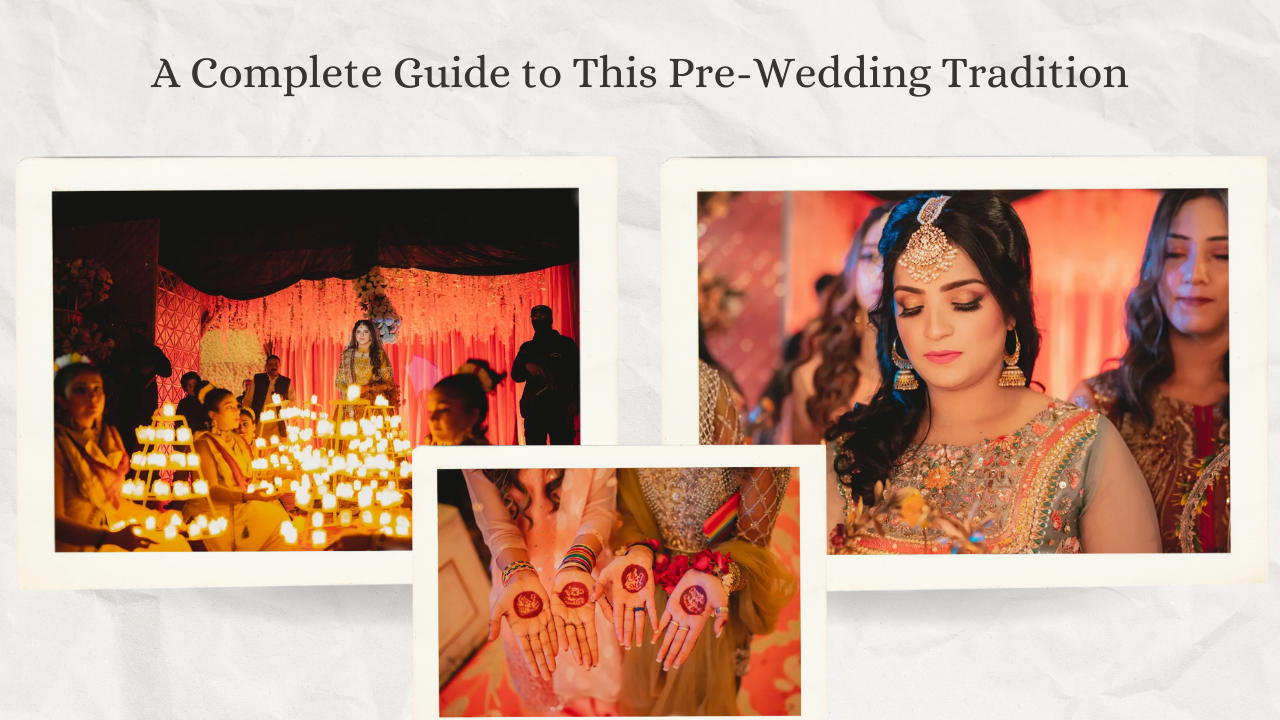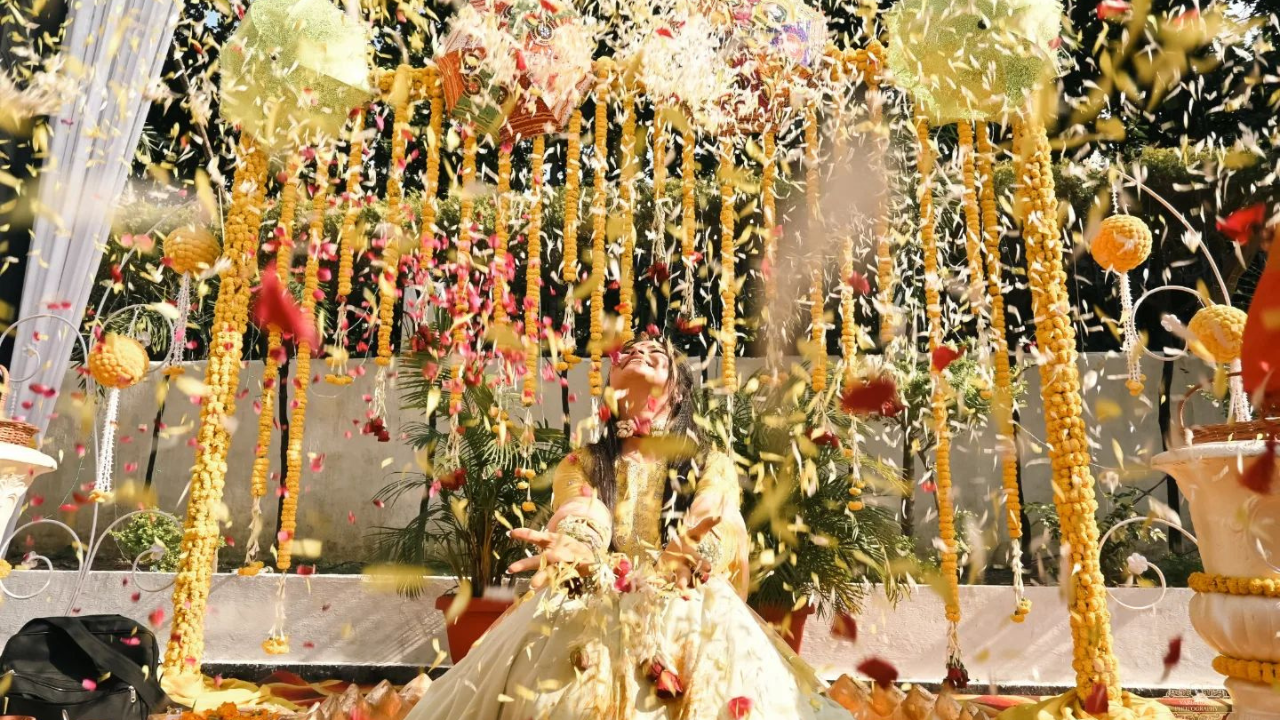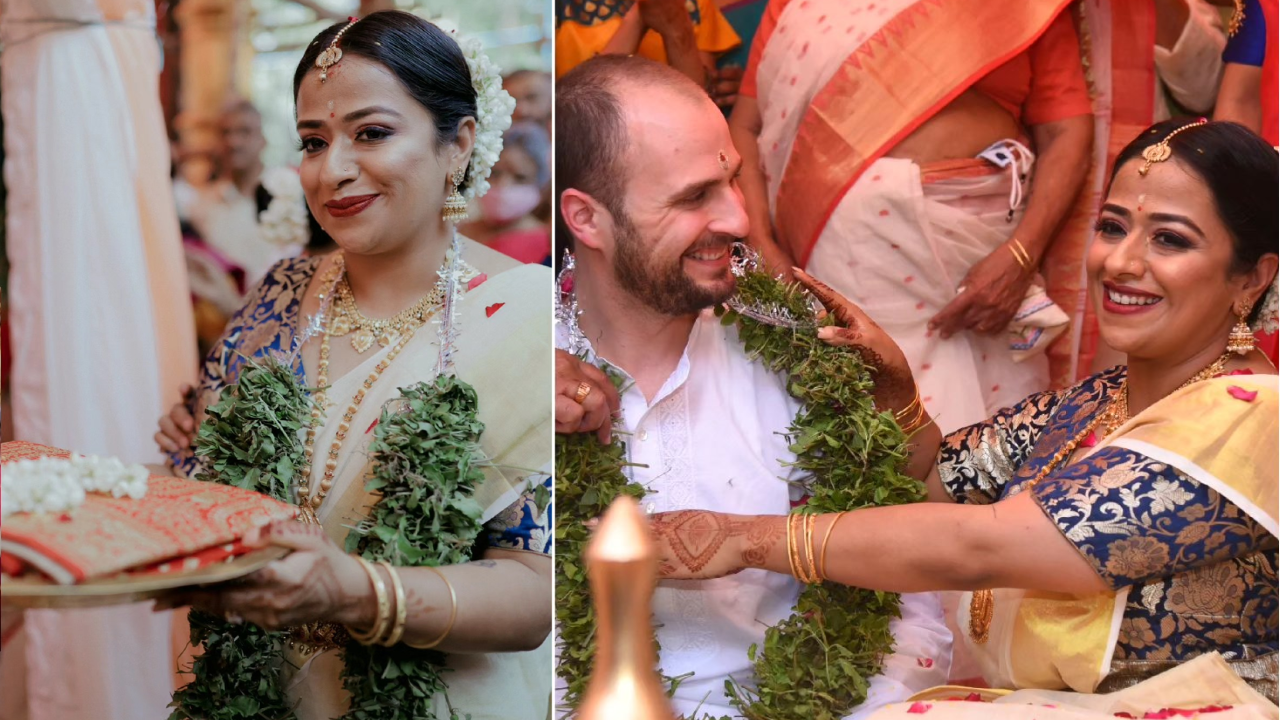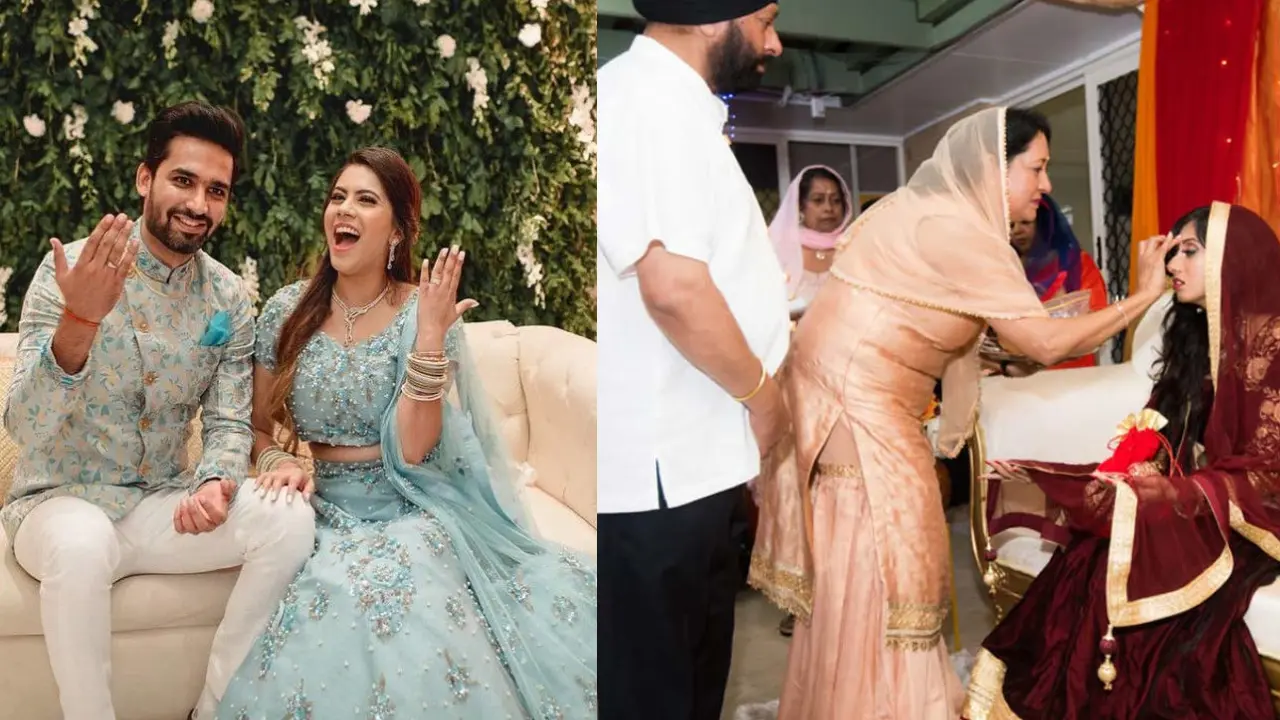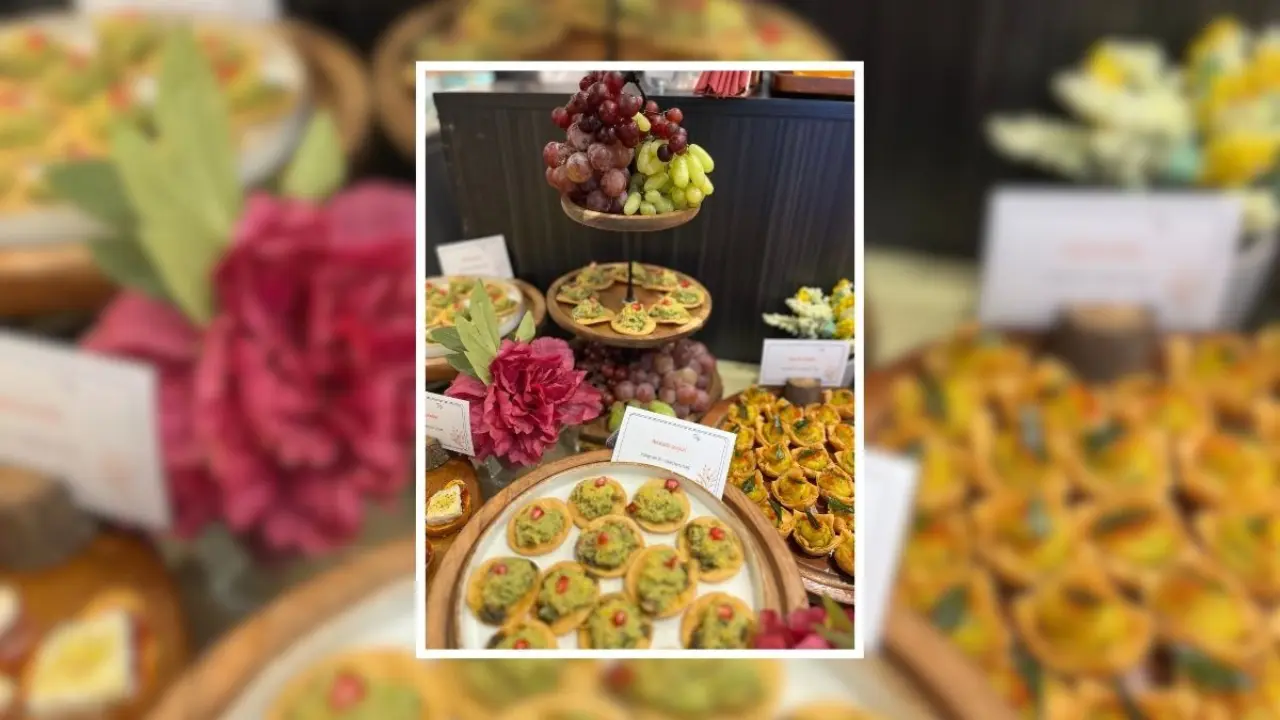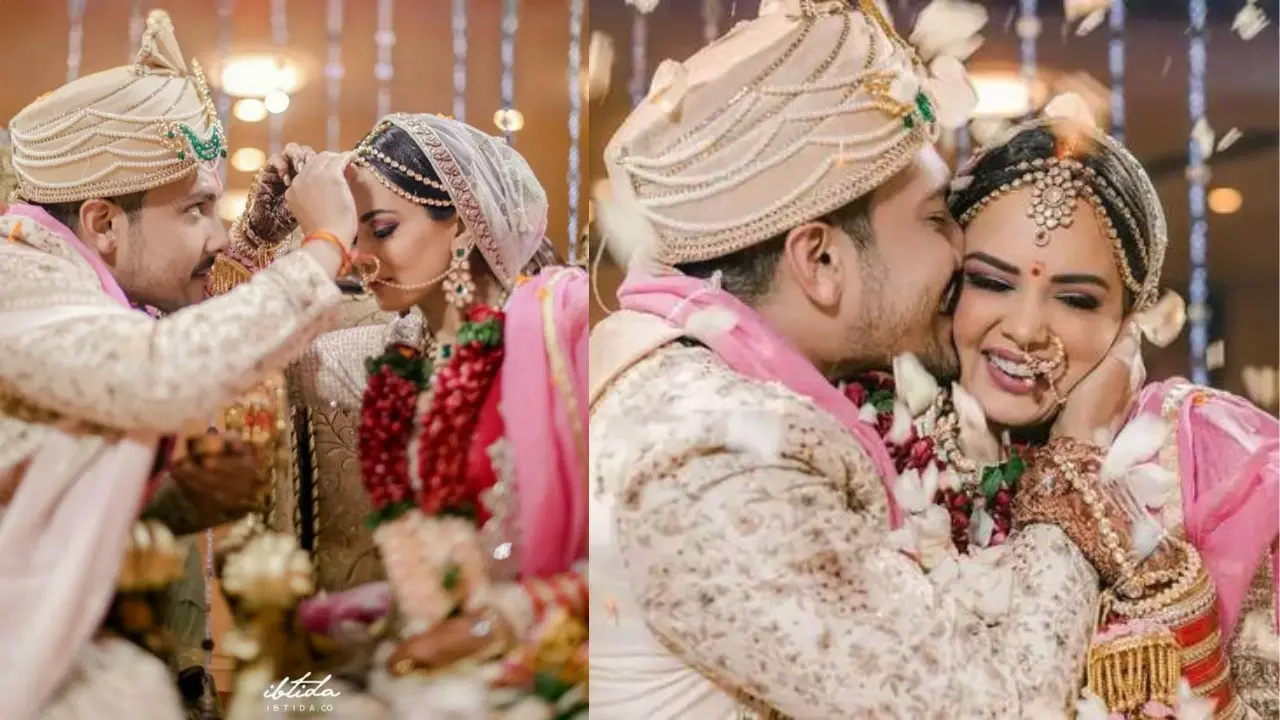What is a Roka Ceremony? A Complete Guide to This Pre-Wedding Tradition
Planning your wedding and heard of the Roka ceremony, but not quite sure what it’s all about? If you’re in the UK and part of the vibrant Sikh or Hindu community, the Roka ceremony is likely the first official step in your wedding journey. But here’s the thing—this isn’t just “another pre-wedding ritual.” It’s a deeply emotional and symbolic event that marks the union of two families.

